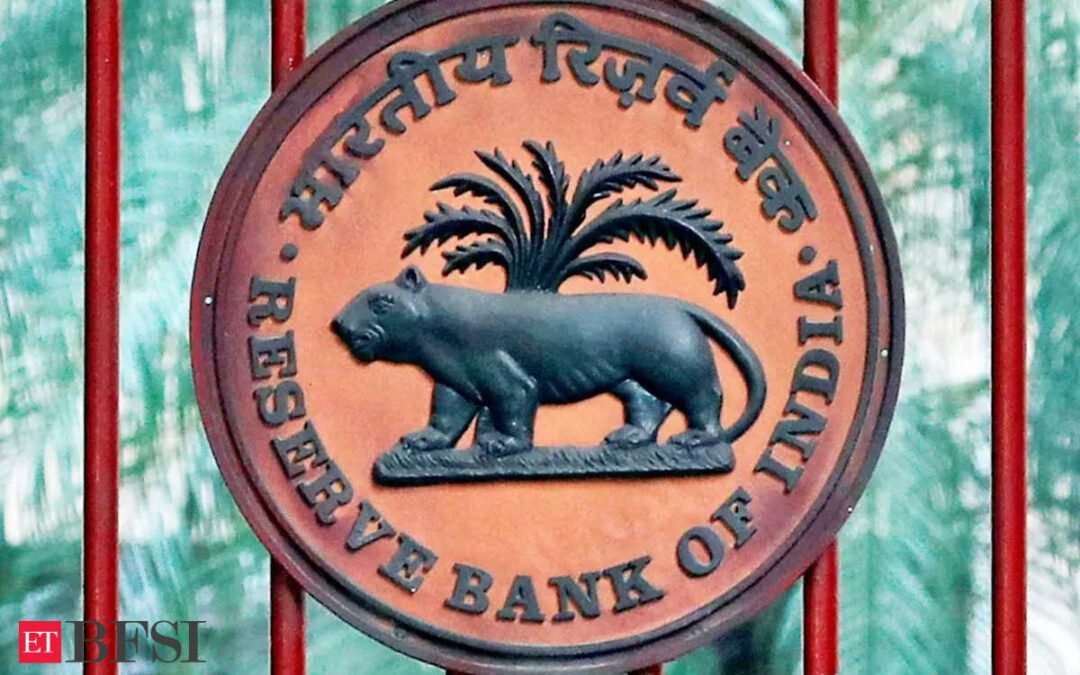Mumbai: The Reserve Bank of India (RBI) will meet the chief financial officers (CFOs) and external auditors of commercial banks on Tuesday to send across a message of zero tolerance towards compliance and regulatory lapses, said people aware of the matter.
The people said two deputy governors of RBI – M Rajeshwar Rao and J Swaminathan – will address the CFOs and auditors.
The RBI may sensitise CFOs and auditors about their responsibility to ensure that the balance sheets accurately reflect the picture of the banks’ financials.
“There is an element of trust deficit. This has led to a constant rift between the external auditor and the bank, and between the regulator and bank on the interpretation of the regulations, particularly regarding income recognition and provisioning of the loans,” said a senior banker.
“Also the regulator is holding this meeting amidst an aggressive lending phase, which at times, may lead to ever-greening of loans and side-stepping regulations to meet growth targets,” said a senior bank official. The RBI raised concerns about the widening gap between credit and deposit growth at a meeting with bank CEOs last week.
In the first quarter ended June, some banks declared 15% to 16% credit growth while the deposit growth lagged at 9% to 12%.
Governor Shaktikanta Das also mentioned this issue at a conference organised by the College of Supervisors. “Pursuit of business growth is important, but it should never come at the expense of taking on unacceptable risks,” he stated.
The meeting with auditors and CFOs comes at a time when RBI has restricted regulated entities from conducting certain businesses due to regulatory lapses.
In April, Kotak Bank was banned from onboarding customers through digital banking and restricted from issuing new credit cards. In March, IIFL Finance was banned from giving gold loans, and JM Financial was restricted from undertaking any business in shares and bond funding. Earlier, Paytm Payments Bank was directed not to onboard new customers and mobilise new deposits. All these restrictions were placed due to regulatory lapses by the regulated entities that were growing faster than the industry.
In a recent meeting with senior bank officials, RBI sensitised them to the crucial role that assurance functions play in risk awareness and risk management.










